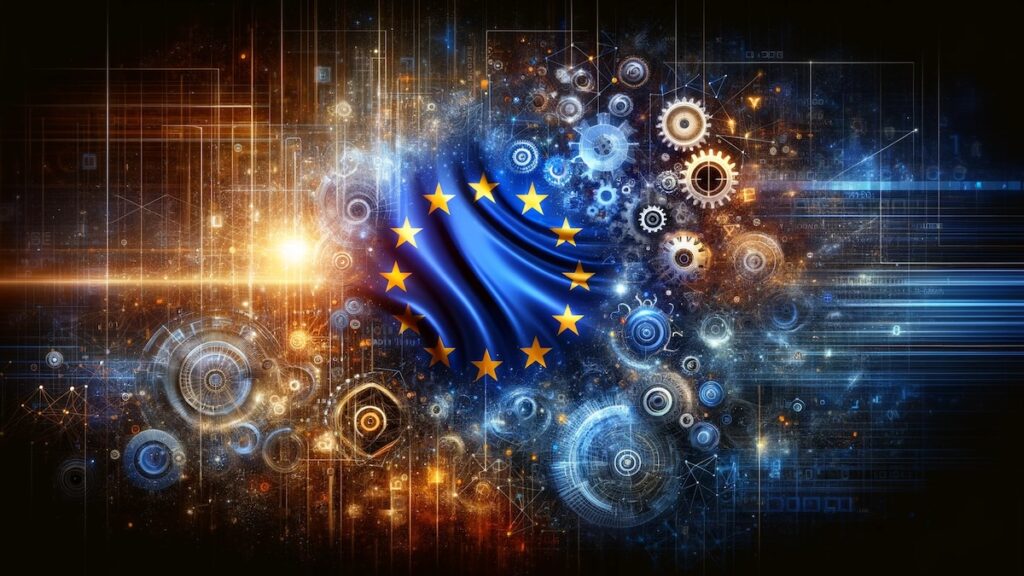
December 9, 2023 at 03:00PM
EU negotiators reached a historic deal on comprehensive artificial intelligence rules, addressing generative AI, face recognition surveillance, and potential risks. While hailed as a milestone, civil society groups remain cautious, seeking more robust safeguards. The AI Act, set to be voted on in early 2022, could have global implications, with the EU aiming to set an influential example for AI regulation.
The European Union negotiators secured a deal on the world’s first comprehensive artificial intelligence rules. The deal includes legal oversight of AI technology, addressing concerns about potential risks to humanity. The negotiation process involved overcoming controversial points such as generative AI and police use of face recognition surveillance. Despite civil society groups expressing concerns about the deal not going far enough in protecting people from harm caused by AI systems, a tentative political agreement for the Artificial Intelligence Act was signed.
The European Parliament will vote on the act early next year, but with the deal secured, the approval is expected to be a formality. The law will not fully take effect until 2025 and will impose significant financial penalties for violations. The deal also aimed to address the risks associated with generative AI systems, focusing on the potential dangers to jobs, privacy, copyright protection, and human life itself.
The EU’s strong and comprehensive rules on AI could set a powerful example for other governments considering regulation, potentially influencing global AI regulation efforts. The AI Act was expanded to include foundation models, despite initial opposition, and negotiators reached a compromise on face recognition surveillance systems after intense bargaining. However, concerns remain about exemptions and loopholes in the AI Act, including the lack of protection for AI systems used in migration and border control.
Overall, the deal signifies a significant step in regulating AI in the EU, but ongoing technical work and potential shortcomings in the final text are areas of continued attention and scrutiny.